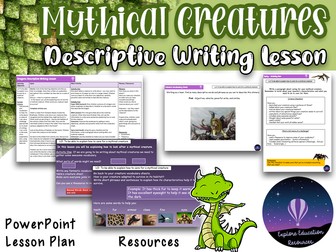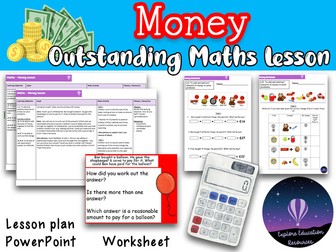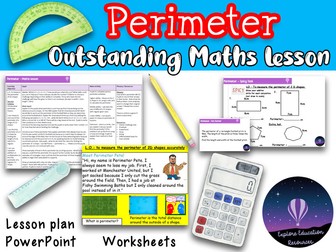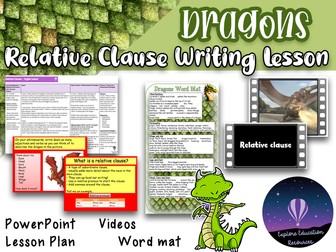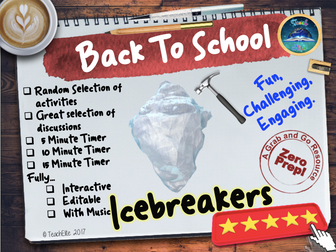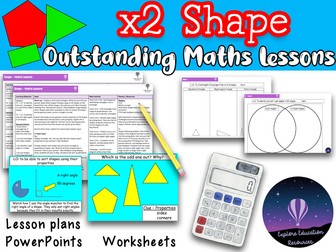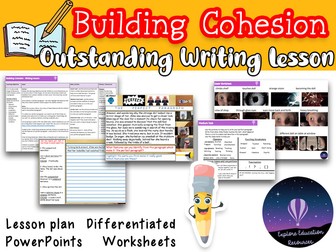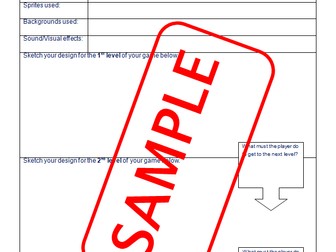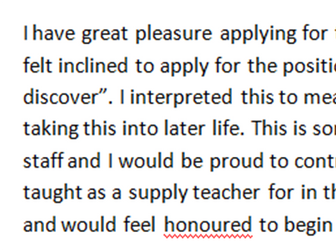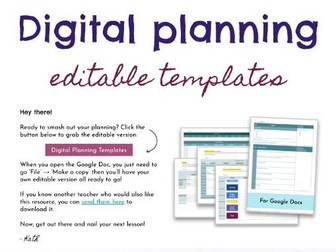
Outstanding Y3/4 English Interview Lesson - Explanation Descriptive Writing
Do you want to inspire your year 3 or year 4 pupils to write creatively and imaginatively? Do you want to teach them how to use descriptive language effectively and confidently? Do you want to have fun with your class while covering the explanation text genre?
If you answered yes to any of these questions, then this lesson is for you! This lesson will engage your pupils in a descriptive writing task that will challenge them to create their own mythical creature and explain how to care for it. From dragons to cyclops, your pupils will use their teamwork skills to build vocabulary as groups before going onto an independent task. They will discuss verbs, adjectives, similes, adverbs and conjunctions, and use them to enhance their writing.
This lesson is easily adapted from 20 minutes to an hour or even longer, depending on your needs and objectives. It is suitable for both lower and higher ability pupils, as it includes many differentiated resources such as:
★ Detailed lesson plan with differentiated questions for assessment for learning
Interactive PowerPoint that guides you and your pupils through the lesson
★ Vocabulary sheet for lower ability pupils that provides them with useful words and phrases
★ Vocabulary sheet for middle and higher ability pupils that challenges them to find their own words and phrases
★ Sentence starters that help pupils structure their writing
★ WAGOLL (what a good one looks like) that models an explanation text about dragons
★ Activity one sheets that give pupils a choice of five different creatures to describe
★ Activity two sheets that are differentiated four ways with different activities for each (cloze activity, fill in table, success criteria, and extension task)
This lesson is rated outstanding by Ofsted inspectors, who praised its creativity, motivation, and differentiation. It is also aligned with the national curriculum objectives for writing in key stage 2. Your pupils will love this lesson and will produce amazing descriptive writing pieces that you can proudly display in your classroom or school.
Don’t miss this opportunity to spark your pupils’ imagination and enthusiasm for writing. Download this lesson today and get ready to enter the magical world of mythical creatures!
You may also be interested in…
☆
☆
☆
Customer Support
If you have any questions or feedback about this resource, please contact us at explore_education@outlook.com. We are always happy to hear from you and to help you make the most of our products.
Special Offer:
We appreciate your feedback on this resource. If you leave a review, you can get another resource of your choice for free! Just send us an email with your purchase receipt and a screenshot of your review to claim your offer.
Tags: descriptive writing, explanation text, mythical creatures, year 3, year 4, LKS2, KS2, Ofsted, outstanding, differentiated, vocabulary, verbs, adjectives, similes, adverbs, conjunctions, dragons, cyclops
